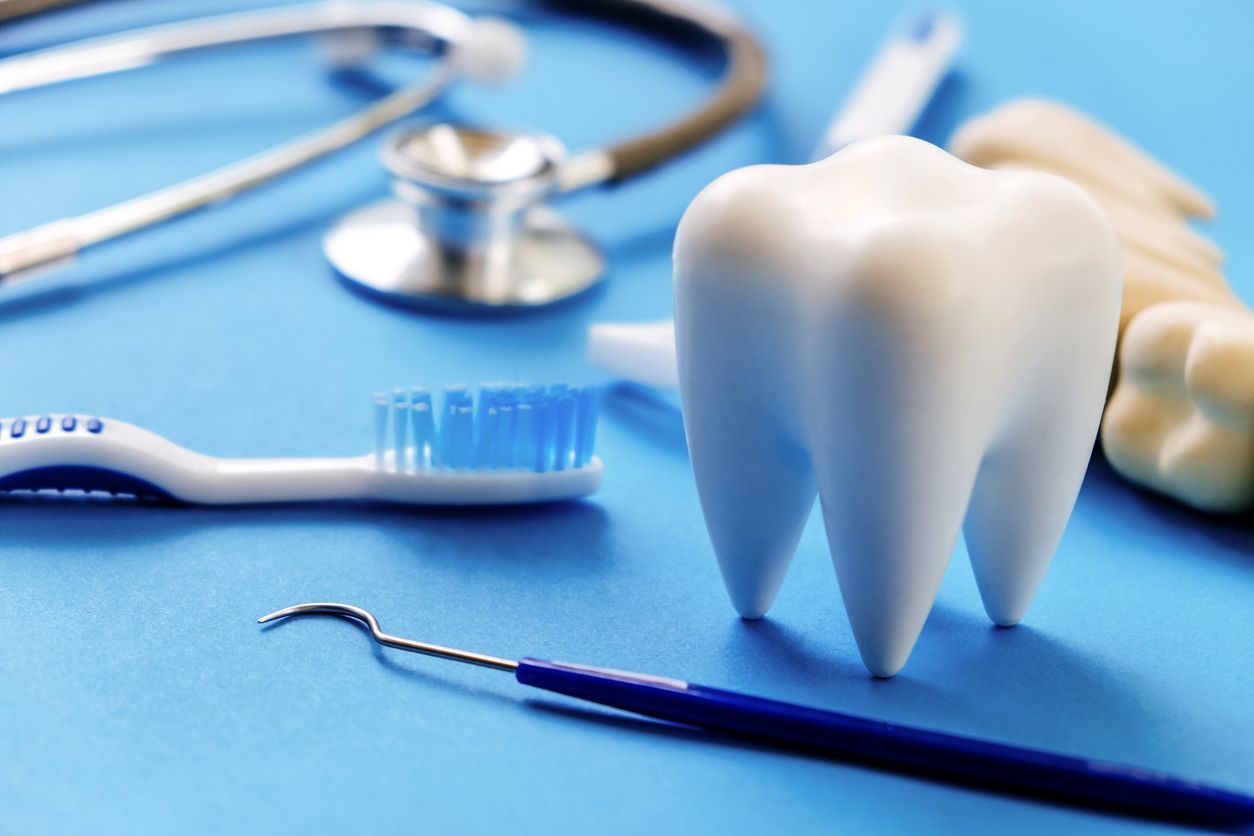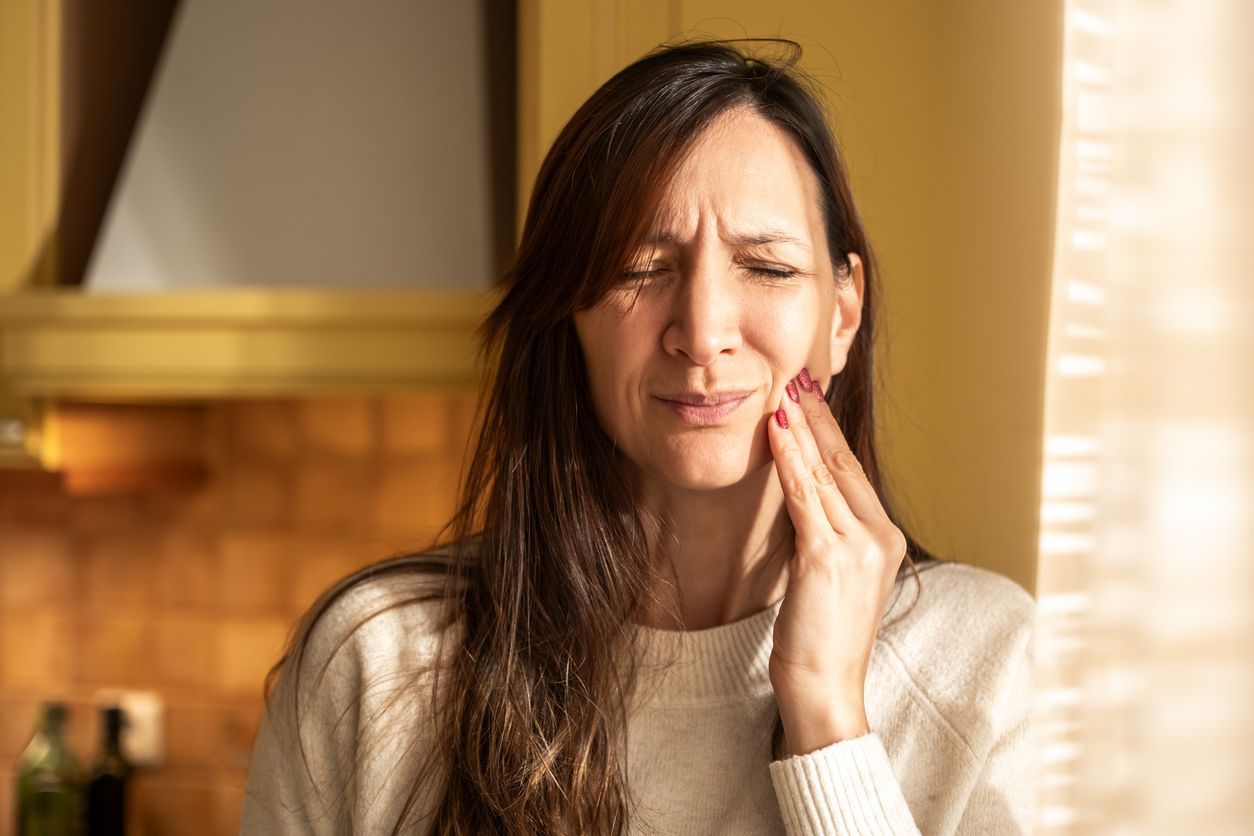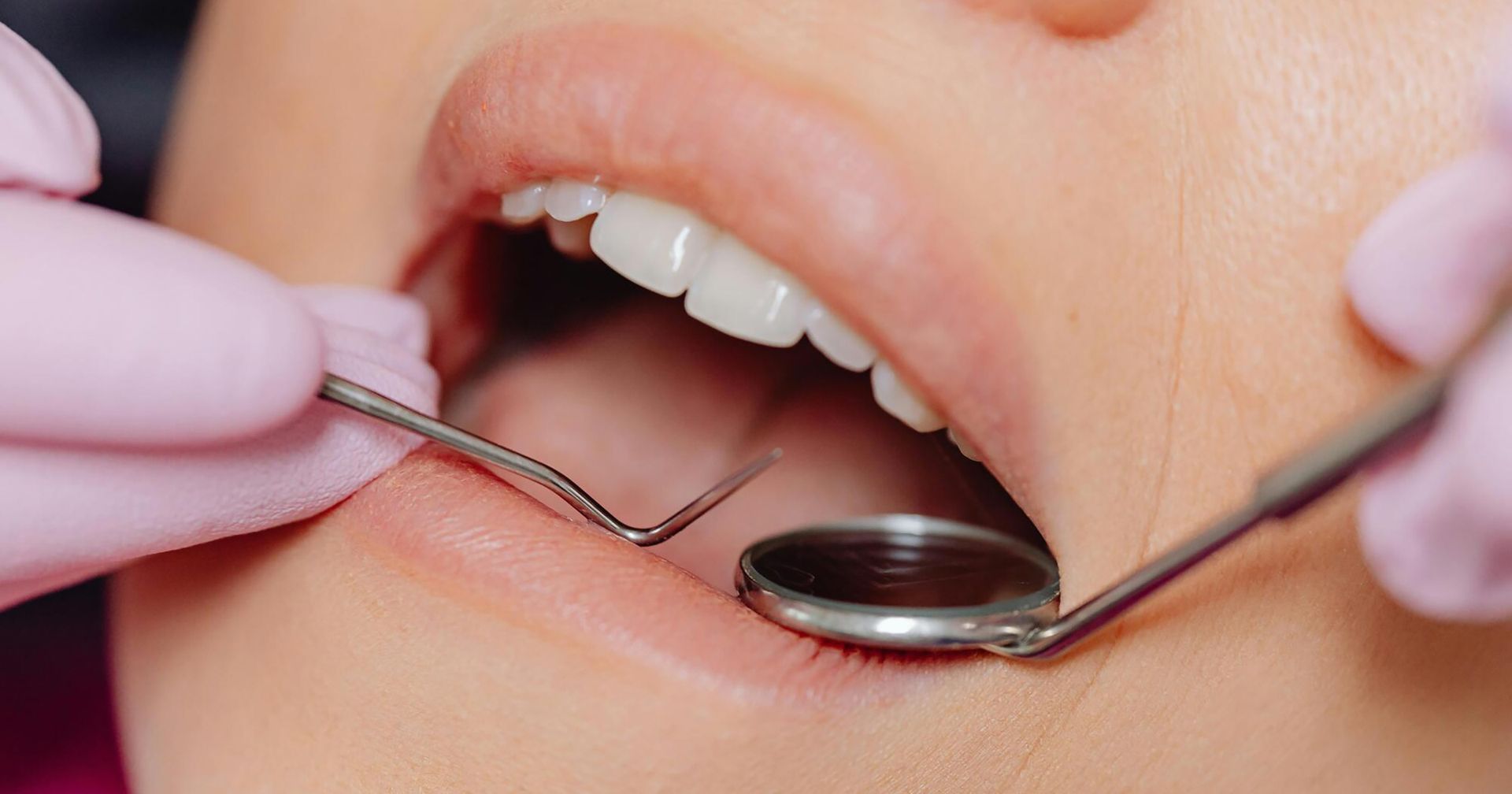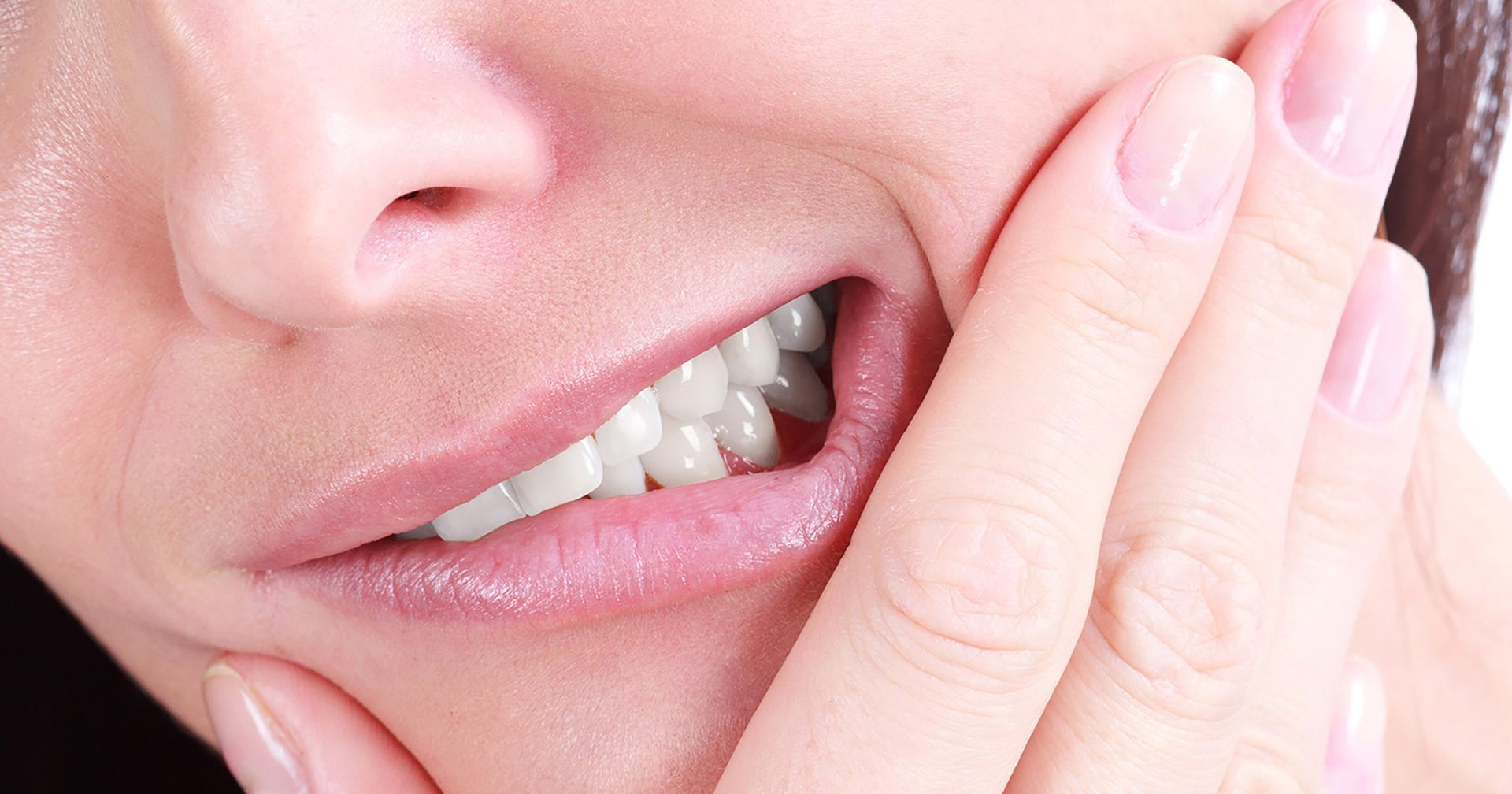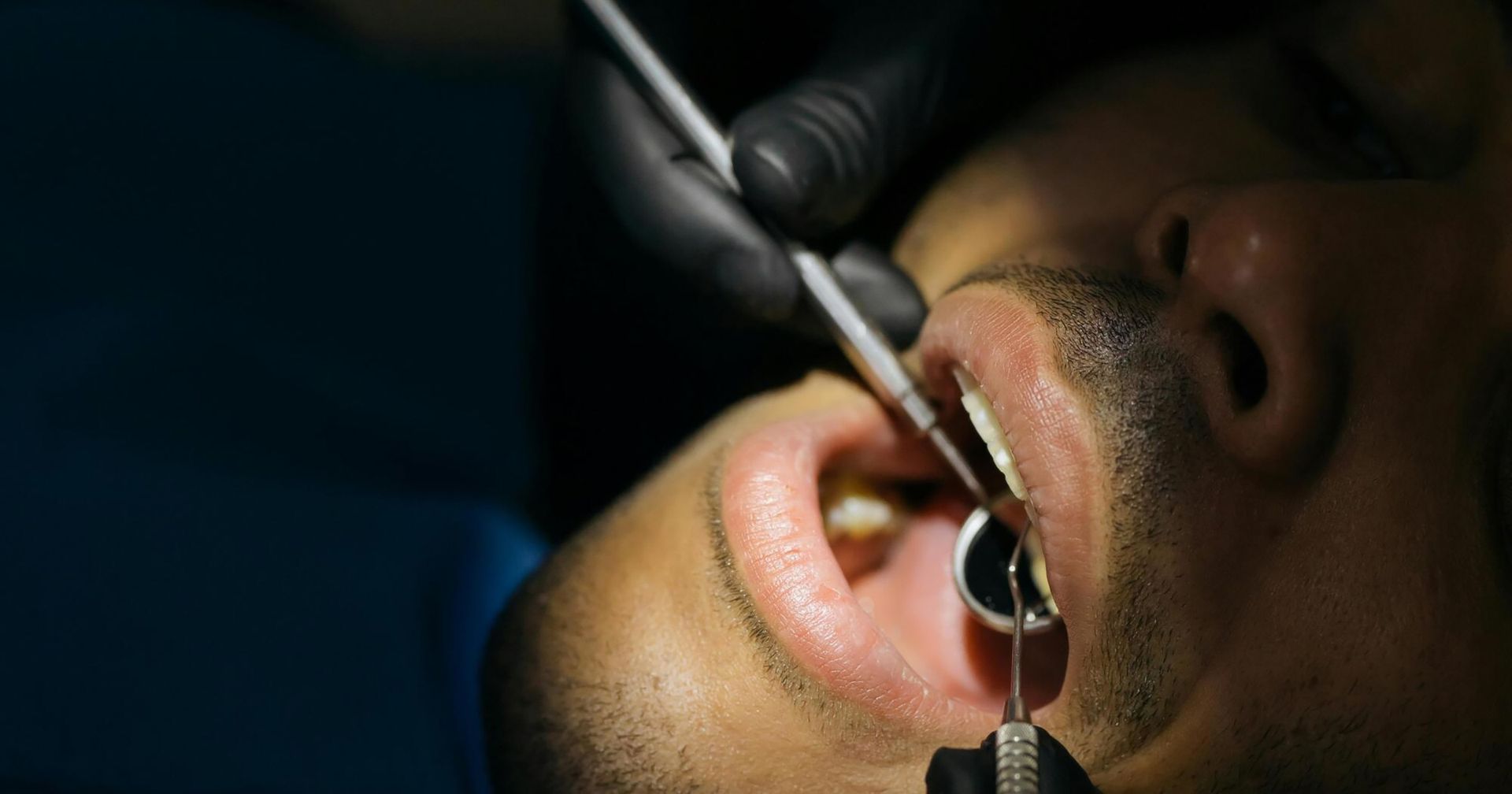Are you wondering how to stop sensitive teeth pain immediately? Learn how to relieve it instantly with proven techniques.

Has a sip of hot coffee or a bite of ice cream ever sent a jolt of pain through your teeth? This discomfort isn't just a minor annoyance. It's a barrier that keeps you from enjoying your favorite treats. You're not alone in your struggle with sensitive teeth, and the good news is that there's a way to stop this pain immediately.
In this article, we'll dive into understanding why your teeth react so harshly to everyday temperatures and textures, and more importantly, we'll provide you with proven dental pain solutions. Learn how to stop sensitive teeth pain immediately with effective, dentist-approved methods that will let you sip and savor without a second thought.
Keep reading to discover how you can turn your next bite or drink from a moment of apprehension to one of pure enjoyment.
What is Tooth Sensitivity?
Tooth sensitivity is a common dental issue that affects one out of every eight Americans. It manifests as a sharp, sudden pain when your teeth come into contact with certain stimuli, such as hot or cold temperatures, sweet or acidic foods, or even cold air. This pain can range from mild discomfort to intense, short-lived pain that disrupts your daily activities.
Common triggers of tooth sensitivity include:
- Hot beverages like coffee or tea
- Cold drinks or ice cream
- Sweet treats
- Acidic foods like citrus fruits and tomatoes
These triggers cause a reaction in the exposed dentin, the layer beneath the enamel that leads to that sharp, shooting pain.
Causes of Tooth Sensitivity
Tooth sensitivity arises from several factors that compromise the integrity of tooth enamel or expose the dentin. Enamel erosion, caused by acidic foods and aggressive brushing, is a common culprit. Additionally, gum recession exposes tooth roots which increases sensitivity.
Tooth decay and cavities allow more direct contact between external stimuli and the nerves of the teeth, intensifying discomfort. Even physical damage like cracks or chips in teeth can heighten sensitivity.
Furthermore, some dental procedures might temporarily exacerbate sensitivity as the teeth adjust to treatments like whitening or fillings.
Preventing Tooth Sensitivity
Preventing tooth sensitivity involves adopting good oral hygiene practices and making mindful choices about your diet and dental care routine. Here are some practices to consider.
Proper Oral Hygiene Practices
Maintaining proper oral hygiene is crucial in preventing tooth sensitivity. Brush your teeth twice a day with a soft-bristled toothbrush and fluoride toothpaste.
Be gentle while brushing to avoid damaging the enamel and gums. Floss daily to remove plaque and food particles from between your teeth.
Use of Fluoride Toothpaste
Using fluoride toothpaste can help strengthen the enamel and reduce sensitivity. Fluoride helps remineralize the enamel, making it more resistant to erosion and decay.
Look for toothpaste specifically designed for sensitive teeth to provide additional protection and immediate tooth pain relief.
Avoiding Acidic Foods and Drinks
Limiting your intake of acidic foods and drinks can prevent enamel erosion and reduce sensitivity. When you do consume acidic items, rinse your mouth with water afterward to neutralize the acids.
Wait at least 30 minutes before brushing your teeth to avoid further enamel wear.
Regular Dental Check-Ups
Regular dental check-ups are essential for maintaining good oral health and preventing tooth sensitivity. Your dentist can identify and address potential issues before they become severe.
Professional cleanings remove plaque and tartar buildup to reduce the risk of gum disease and decay that can lead to sensitivity.
How to Stop Sensitive Teeth Pain Immediately
When tooth sensitivity strikes, you need quick tooth pain remedies to alleviate the discomfort. Here are our top strategies to test out.
Fluoride Treatments
Fluoride treatments, available at your dentist's office, can strengthen the enamel and reduce sensitivity. These treatments involve applying a high concentration of fluoride to the teeth. They help to rebuild weakened enamel and protect against further erosion.
Avoidance of Triggers
Avoiding known triggers is a simple yet effective way to manage tooth sensitivity. If you know that hot or cold foods and drinks cause pain, try to avoid them or consume them in moderation.
Drinking through a straw can also help minimize contact with sensitive teeth.
Gentle Brushing Techniques
Brushing your teeth gently with a soft-bristled toothbrush can prevent further enamel erosion and gum recession. Avoid brushing immediately after consuming acidic foods and drinks, and be mindful of your brushing technique to ensure you're not causing damage.
Professional Treatments
For more severe or persistent tooth sensitivity, professional dental treatments may be necessary to provide lasting relief. Here are some options to discuss with your dentist.
Dental Bonding
Dental bonding involves applying a tooth-colored resin to the exposed roots or damaged areas of the teeth. This procedure can protect the dentin and reduce sensitivity, while also improving the appearance of your teeth.
Surgical Gum Graft
A surgical gum graft can cover exposed roots and reduce sensitivity. This procedure involves taking tissue from another part of your mouth and grafting it onto the affected area. It not only helps relieve sensitive teeth but also improves gum health.
Root Canal Treatment
In cases where tooth sensitivity is caused by severe decay or infection, a root canal treatment may be necessary. This procedure removes the damaged nerve and pulp from the tooth to eliminate pain and prevent further infection.
While more invasive, it can be a highly effective dental pain solution for persistent sensitivity.
Custom-Made Mouthguards
Custom-made mouthguards can protect your teeth from grinding and clenching, which can contribute to enamel wear and sensitivity. Wearing a mouthguard at night can prevent damage, alleviate discomfort, and provide a long-term solution for sensitive teeth.
Expert Care for Sensitive Teeth
Still wondering how to stop sensitive teeth pain immediately? Throughout this article, we've covered effective methods from simple at-home treatments like desensitizing toothpaste to professional dental procedures that offer lasting relief.
At Galvez Dental Office in Stockton, we understand the urgency of dental discomfort and offer targeted solutions to quickly alleviate your pain and prevent future issues. Our experienced team is dedicated to providing care that meets your individual needs.
If tooth sensitivity is affecting your daily life, don't wait.
Contact us today to schedule your appointment and experience the relief you deserve.

